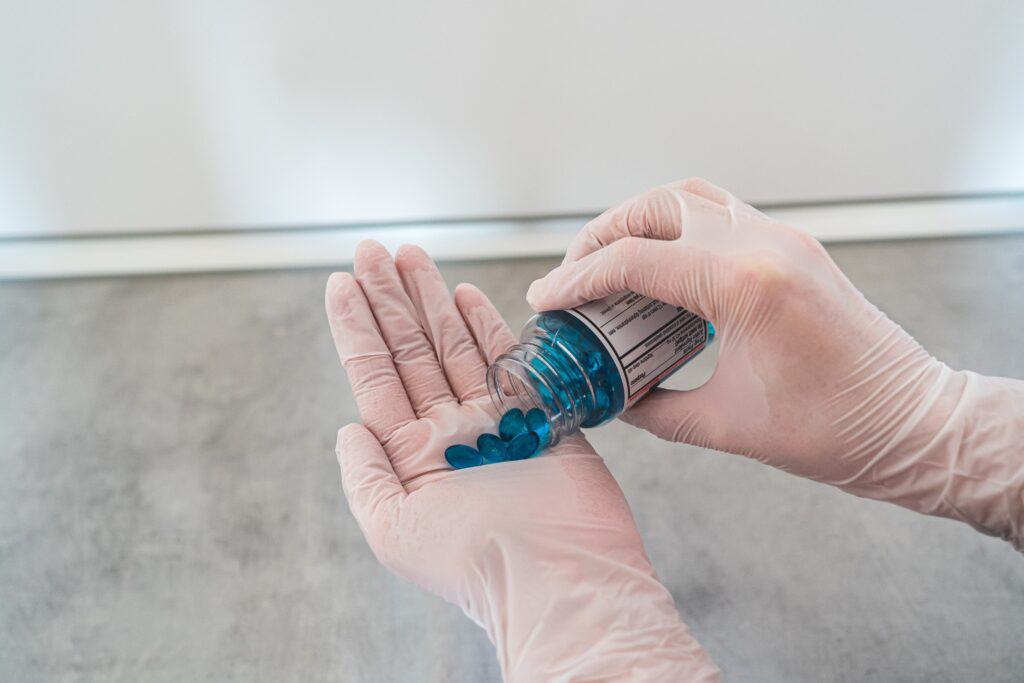The upcoming dietary supplement serialization in Russia has caused quite a stir in pharmaceutical circles. Although it has become all but expected for medicines to be serialized for a number of important benefits, no such strict regulations are common for food supplements.
However, out of a desire to achieve much of the same benefits as drug serialization, Russia has decided to mandate dietary supplement serialization. We will describe what this means in greater detail later on in the article. For now, let us look at the main differences between dietary supplements and medicines and why serialization is usually reserved for the latter.
What dietary supplements are and how they differ from medicines
Medicines usually have to be prescribed by a doctor and contain specific ingredients that can alter the way a human organism functions to varying degrees. The reason that they usually need to be prescribed is because the wrong medicine given to the wrong person can spell dire consequences, including death.
The powerful effects of many drugs are also one of the big reasons why they need to be serialized. Counterfeit and undocumented medicines can create a lot of trouble if they get into the wrong hands, not to mention the damage that their misuse can cause to the pharmaceutical industry as a whole.
With the upcoming dietary supplement serialization in Russia, one has to ask themselves: are such measures necessary for food supplements? After all, food supplements usually do not require a prescription and are fairly harmless compared to medicines. They usually take the form of vitamin or mineral pills and powders that are supposed to supplement a standard diet with the ingredients it might be missing. Sometimes they can also provide important fats like Omega-3.
That said, there is an argument to be made about the benefits of serializing dietary supplements. After all, counterfeiting can still be a problem for this type of product, not to mention the fact that their easy accessibility creates an even greater need for strict control of what exactly is going into them. This move will ultimately serve to create greater transparency between consumers and producers of food supplements, as well as a greater guarantee of the authenticity of goods.
So, what exactly does this new mandate entail?
Details on the upcoming dietary supplement serialization in Russia
All enterprises that wish to adhere to the new mandate should do so through the Chestny ZNAK system. As, for the mandate, goods that need to adhere to the new serialization requirements are goods that have a valid state registration certificate issued for biologically active food supplements. In other words, all dietary supplements that are biologically active will need to be properly labelled and serialized by October 1, 2023. If this deadline is satisfied, then full traceability is expected to be achieved by late 2025.
From May 1, 2021 to February 28, 2023, in accordance with Decree of the Government of the Russian Federation No. 673 dated April 29, 2021, a pilot project was carried out for labelling biologically active food supplements and has contributed to the conviction of the Russian regulators of the effectiveness of serializing food supplements.
That would be a general overview of what the dietary supplement serialization in Russia entails. For Russian companies who would like detailed instructions, follow this link.
What drug serialization can teach us about the dietary supplement serialization in Russia
When we talk about serialization, we normally talk about medicines. As such, there are certain lessons that we can extract from best and worst practices of pharma serialization and apply them to dietary supplement serialization. This approach is useful both to Russian companies looking to make as few mistakes as possible as well as foreign producers getting ready for potentially similar regulations in their area.
Here are three important lessons that pharmaceutical serialization has taught us:
- Get it right the first time. At the very least, get it as right as possible. Prevention is the best medicine after all. When designing and implementing your serialization systems, try not to do a sloppy job initially and count on being able to make up for it later on. Almost always, it is better to put in a solid initial effort and go from there. This includes leaving enough time to make sure everything can get properly planned and done.
- Realize that challenges do not end with implementation. Even after a serialization system is implemented, there are several challenges which you might need to navigate. Issues with knowledge transfer, vendor lock, and lack of clear leadership are common in this stage.
- Fully utilize the opportunities provided by serialization. Do not just think of serialization as a necessary evil to help you meet certain compliance guidelines. The dietary supplement serialization in Russia can be a great opportunity for companies to strengthen their supply chains and ultimately reap more profits from their business.
For countries looking to export dietary supplements to Russia
Finally, it is important to say that this article is not only relevant to Russian producers of dietary supplements but also to anyone who is looking to export them to Russia. Those products must also follow the guidelines starting October 1, 2023. The training for all the requirements can be found here, though be aware that some of it is exclusively available in Russian, so a bit of translation might be necessary.
Follow us for more informative blog articles on worldwide pharma and serialization news.



